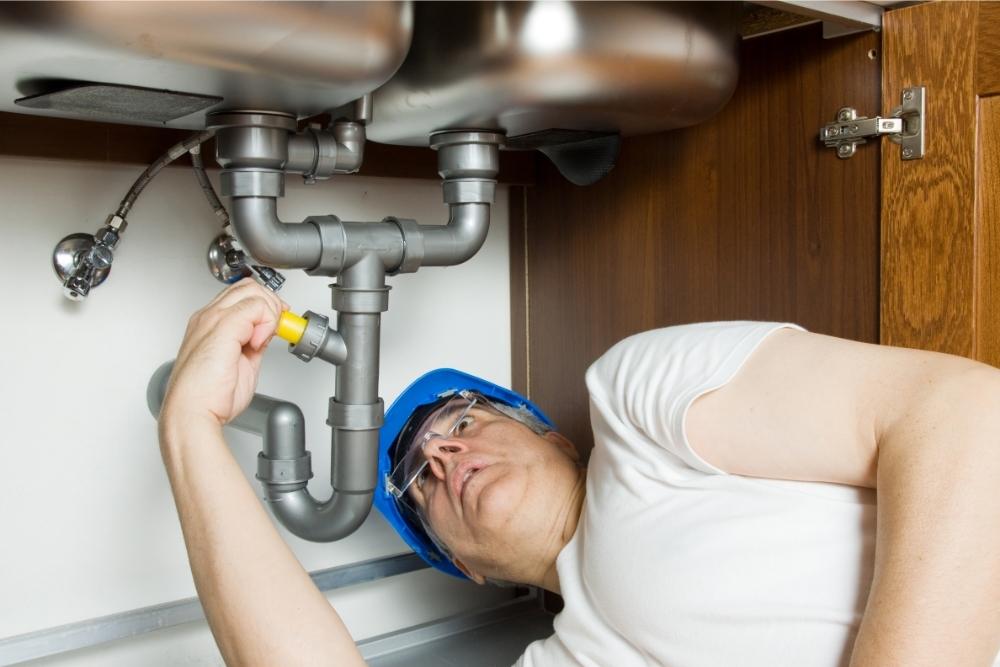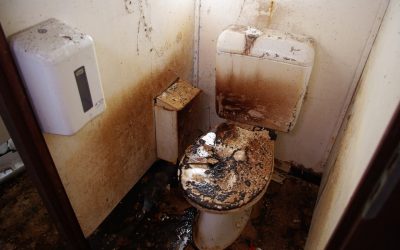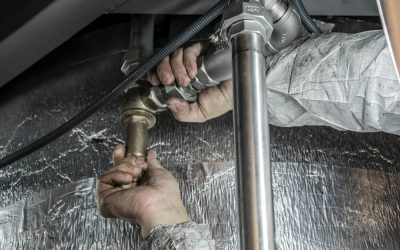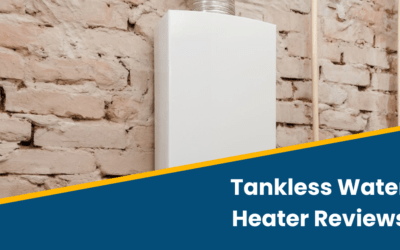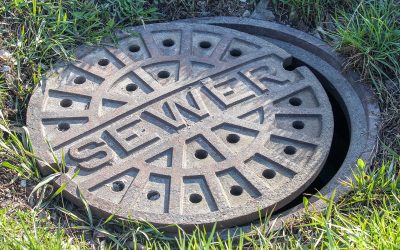Unfortunately, there isn’t one answer to the question “how much do plumbers charge.” This might seem like a cop-out, but in reality, your location, your problem, the time of year, and the plumbers themselves will all play a factor in creating the end cost.
For 2019, the Bureau of Labor Statistics reported that the median pay for plumbers was $26.52 per hour. This figure might be helpful to get your bearings on general costs, but median reports are not always a great representation of actual costs.
Instead, we want to break down the main factors that raise or lower prices in the plumbing world, so you can figure out your realistic charge.
Plumber Fees Vs Repair Costs
The first thing you need to be aware of is the difference between “plumber fees” and “repair costs.” The “plumber fees” refer to the cost of hiring the plumber, either on a flat rate or an hourly basis.
It might include their commonplace tools, but it will not include any spare parts. Instead, that cost falls into the “repair costs” category.
This category will encompass all of the equipment they need to hire and the parts they need to ship in.
When you hire a plumber, do not be fooled into thinking that the plumber fee is all you need to be aware of.
Most plumbers will work at an hourly rate, which means that you won’t get a final bill until the job is completed.
Depending on other factors that we will look at below, their hourly rate could be anywhere from $45 to $200.
This number might shock you as we previously said the median pay was $26.52, but our figures above include taxes customers have to pay whereas the Bureau of Labor Statistics looked at how much the plumber earned.
Location
There are two factors to consider when we look at the location. The first is where you live and the rates of the area, the second is how far away the plumber is from you.
If the plumber isn’t in your area, you may receive a travel charge to get their service. This fee will pay for the plumber’s gas, insurance, and car maintenance and can cost all the way up to $200.
If you are not sure where your plumber is located, ask them how much they would charge for travel on your job.
It is important to ask these questions upfront, as many plumbers will not disclose this information without prompting. Instead, they will simply add it to the end of the bill.
This is not the plumber trying to scam you out of money, but instead, it is a reflection of all the little costs involved with using a labor service.
When looking at location, there is nothing you can really do about the cost of plumbers in your state.
This is why we haven’t put a lot of information about state locations in this article, as you cannot affect the price as much.
However, if you search for the average cost of plumbing in your area, then you may be able to avoid scammers.
Emergency Repairs
If you need to call a plumber because of an emergency, like the sewage system has faulted or no water is coming from the pipes at all, then you will likely receive an additional charge for the quick service.
These charges often cost an additional $70 to $100 per hour. The reason for this additional cost is that the plumber has to stop their non-work-like commitments to rush to your aid.
To ensure there are enough plumbers ready to help these people in need, the companies need to charge extra.
Holiday Rates
Holiday rates are often in the same boat as emergency repairs, however, the workers might not come to your call as soon as possible.
Instead, they might fit you into their schedule during a time of festivities. Working through the holidays can be tough for anyone, which is why you might expect a 25% increase in all costs involved in your plumbing job.
Common Repair Jobs
Some of the most common jobs for a plumber to receive include drain cleaning, mending broken sewer pipes, and investigating problems caused by new installations.
The most common type of repair job for new installations tends to surround water heaters, showers, jacuzzis, and bathtubs. Although you might also find faucet and sink handles repairs under the more affordable common repairs.
These jobs could cost around $500 to $2,000 for the equipment and replacement items alone.
Saving Money Through DIY
If all of these numbers are making your eyes water, then you should be happy to hear about our money-saving tips. A lot of issues that plumbers get called for don’t need an expert’s hand to fit.
Clogged drains, for example, often just need a vinegar and baking soda solution to dislodge the obstruction and boiling water to melt away the remains.
You can even buy a tool called a “snake drain” to pull up any of the hairs, old food, or other waste which is trapping the water flow. If you’re not sure how to use this tool, we have a drain snake guide you can check.
Before you call your plumber in, search the internet for ways to repair your problems first. It could be that the problem is super simple to fix.
Thinking ahead like this could save you hundreds or even thousands of dollars.
Saving Money Through Insurance
Around 24% of homeowner insurance claims come from water damage-related problems.
If you already have home insurance, look through the fine print to see if the plumbing is something they will pay for when emergencies strike.
If water damage does come up, then you already know that most (if not all) of the costs will be covered by your insurance company.
If this type of damage isn’t protected by your insurance, then you should look into investing in water damage insurances.
Before you call on your insurance company, though, you should check for DIY tips first. This is because your insurance premiums will go up if you call in a claim.
As we said before, some plumbing issues are simple fixes, so try to avoid these premium hikes if you can.

